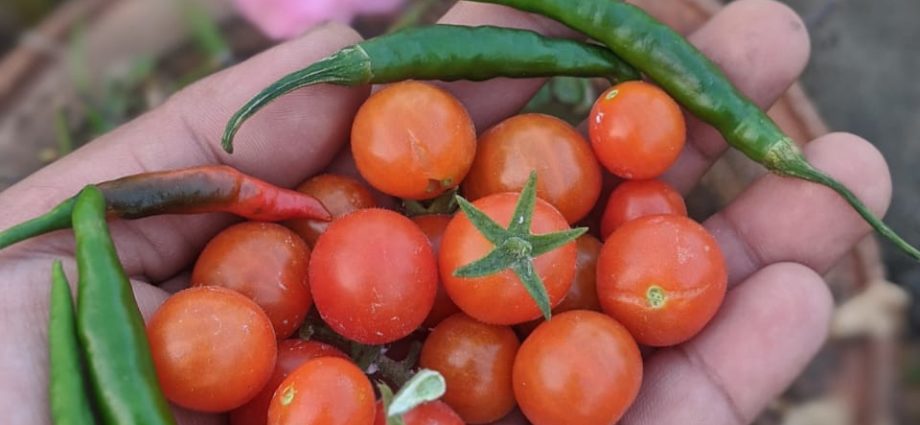While a huge number of people go hungry due to a multitude of reasons, a huge amount of food also goes to waste. Here are a few simple tips to reduce wastage of food.
- Buy only what you need.
- Don’t cook too many dishes.
- Ask for their preferences from guests before cooking.
- Limit the size of each serving.
- Sharing is caring.
- Check expiry and best before dates.
- Reuse food.
- Do not throw away food.
- Necessity is the mother of invention.
- Do not overeat.
- Grow your own food.
The world has enough for everyone’s need, but not enough for everyone’s greed.
1.Buy ONLY what you need.
Have you every been to a shop and bought something completely useless food? Something you had thought that will be useful in future, but you end up throwing it away? Well this happens to each and everyone of us, so lets try on cutting down on that and buy only what we need. This will go a very long way in saving both food and money.
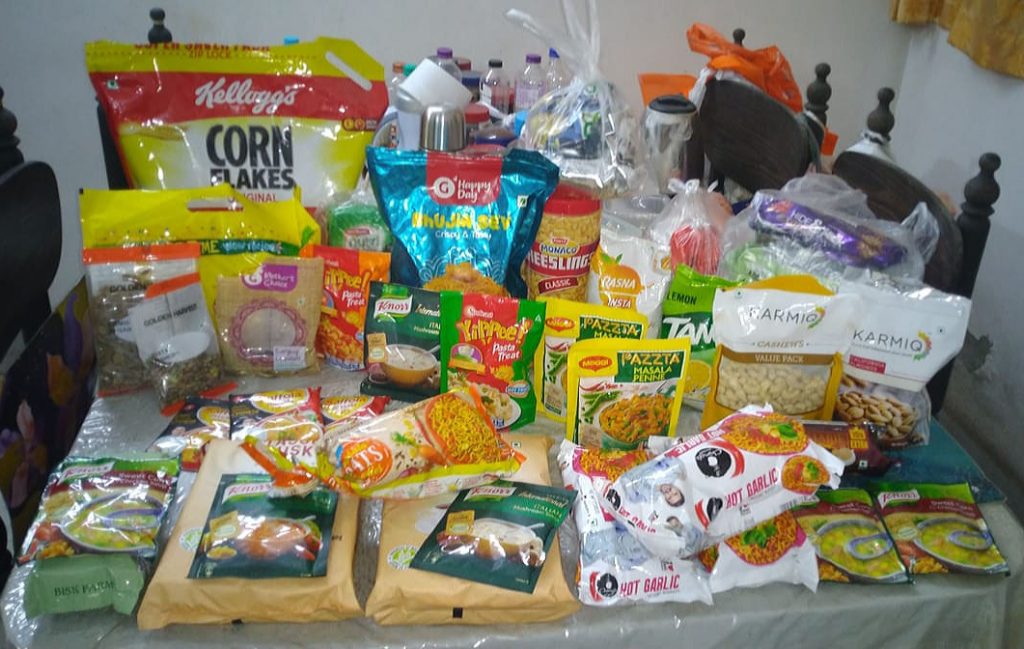
2. Don’t cook too many dishes.
A variety of cuisines are cooked and served in our social gatherings. Do people eat, or even try, all the items? The answer is no they do not. So why not make few dishes and give more emphasis on the few dishes rather then less importance to many? Its easier to remember one great dish compared to ten average ones and reduce wastage as well.
3. Ask for their preferences from guests before cooking.
How may times have you cooked something with hours of effort and tons of ingredients only to realize later that they do not like that dish or they are allergic to a particular ingredient? Well I have done it a hundred times and wasted both food and energy in the process. So when you invite someone, why not just ask them beforehand about that they like and what they do not.
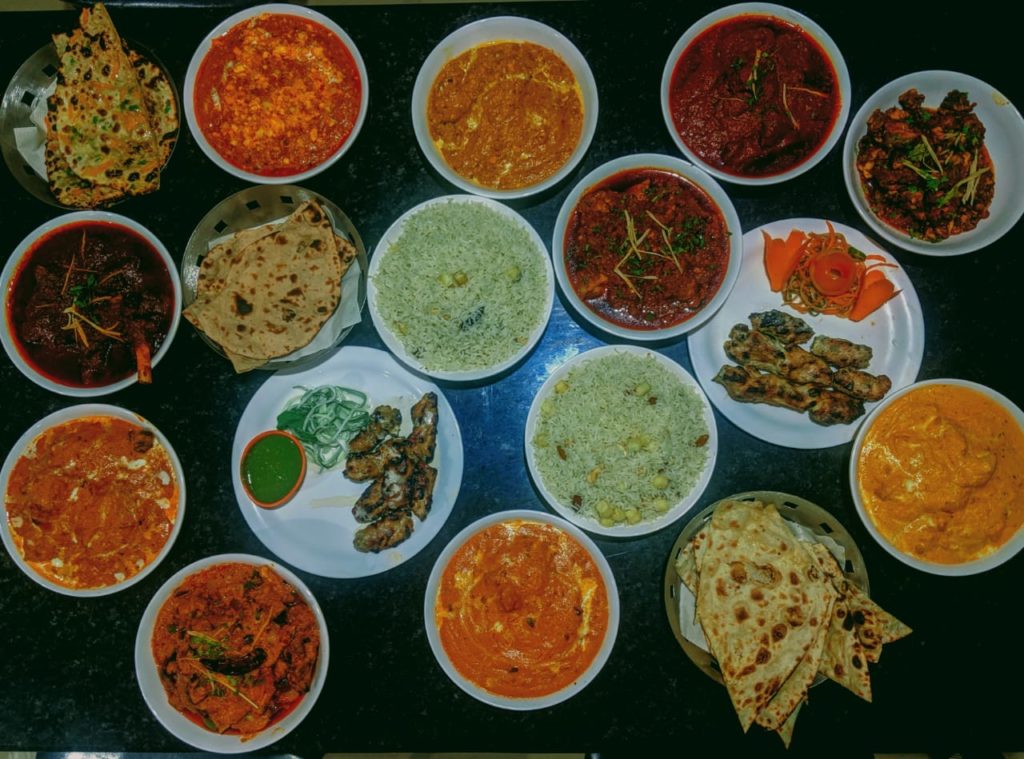
4 . Limit the size of one serving.
A good host must try to make the guest comfortable and happy, specially when it comes to food. But this does not mean serving a huge amount of food on their dinner plate. Its actually a very bad practice since, firstly you are not allowing the person to choose what he/she wants to eat. And secondly putting the person in a position where he or she has to either overeat or waste food.
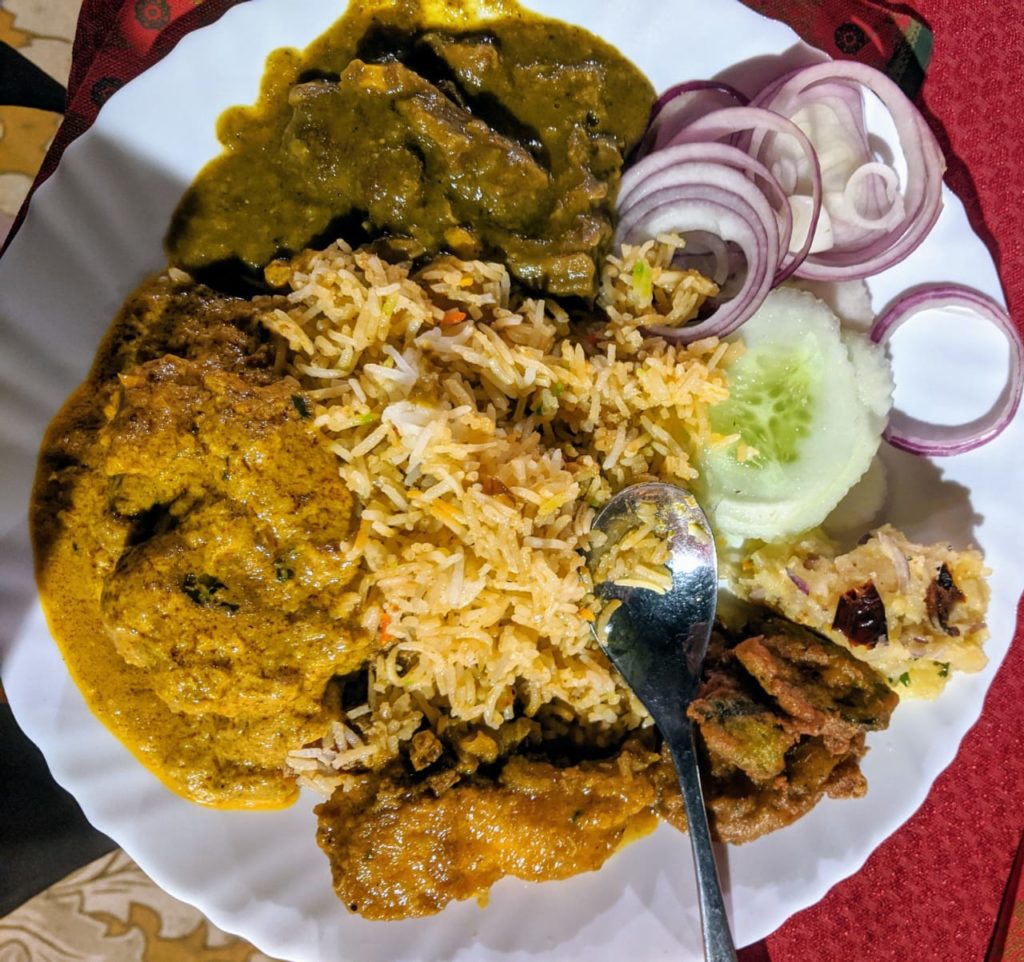
5. Sharing is caring.
If you have extra food, try to give it to someone not fortunate enough to afford a warm meal. Extra food is very common in social events and there are quite a few organisations working to feed such people. If you want to reach them, its normally just a call away. The same can be said about the leftover food in restaurants and hotels.
6. Check Expiry date and Best Before date at-least once a month
Everyone has that extra packet of biscuits or snacks tucked away somewhere for a rainy day. But when was the last time you checked if it was still consumable. Lets make a habit of taking stock of all edible products at your home at-least once a month to make sure that they do not go to waste. Also before throwing anything away, do read the differences between expiry date and best before date here.
7. Reuse food
What do you do with small amounts of left over food? You just throw it away, don’t you? Why not reuse it to create some other food item. Maybe a snack or a side-dish. For example leftover rice can be made into fried rice the next day. Leftover veggies makes excellent sandwich fillings and bread can be converted to dessert.
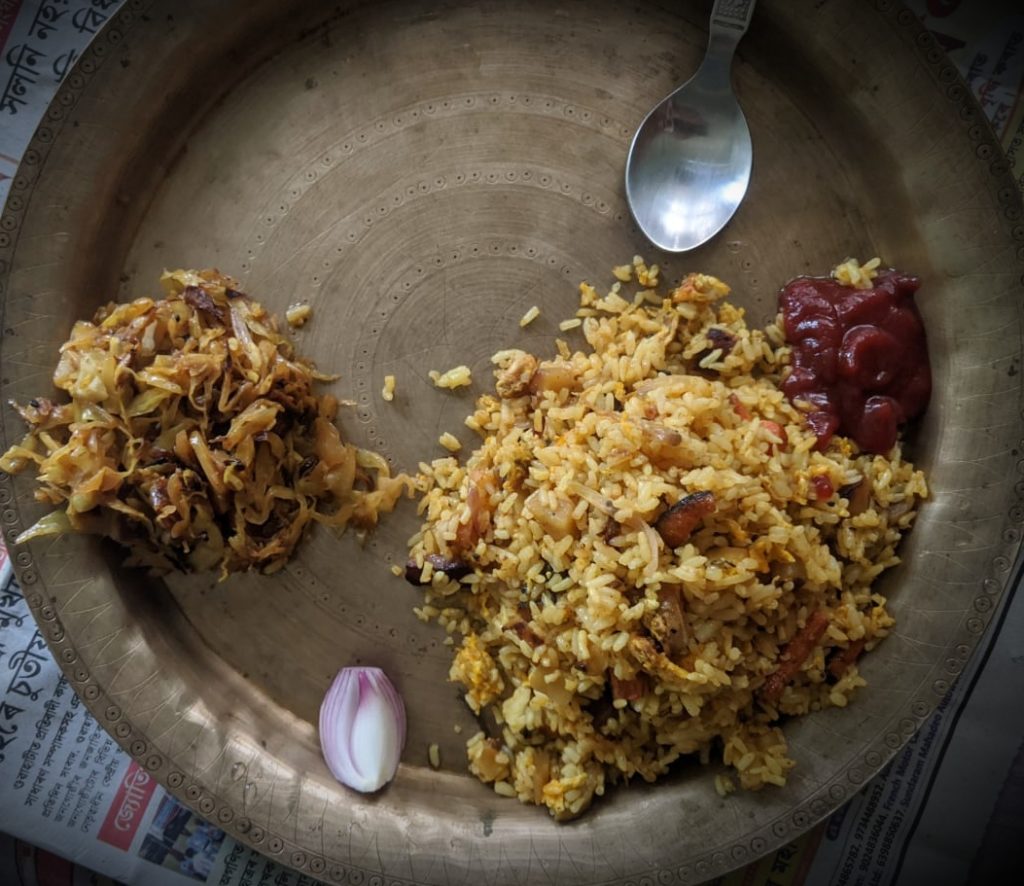
8. Don’t throw away anything organic, compost.
Normal people throw away their food once they are expired, we compost. This means we convert it to manure which can be used to grow more food. Composting is a very easy process wherein you allow organic matter to decompose in a controlled environment. The product can then be added to kitchen gardens for better fruits and vegetables.
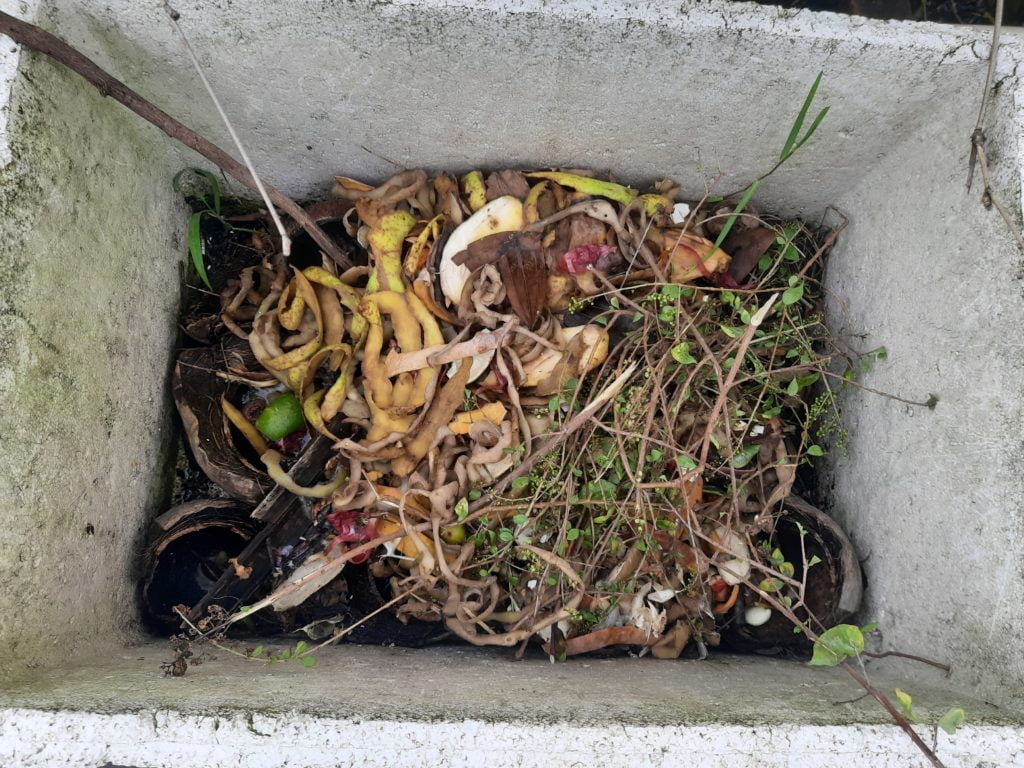
9. Necessity is the mother of invention.
When you have only a limited number of ingredients, try not to go out immediately and buy some other items to make an exotic disc. Instead, just try to make use of limited ingredients to make a simple dish. Its OK to eat simple once a while, even if you can afford it.
10. Do not OVEREAT.
Obesity, diabetes and cholesterol are just few of biggest medical problems of today. And all of these are related to overeating. One should eat only as much as needed, neither more nor less. Most of the time overeating is just due to availability of access food. And controlling this human urge to consume extra will go a long way to reduce wastage of food and betterment of lifestyle.
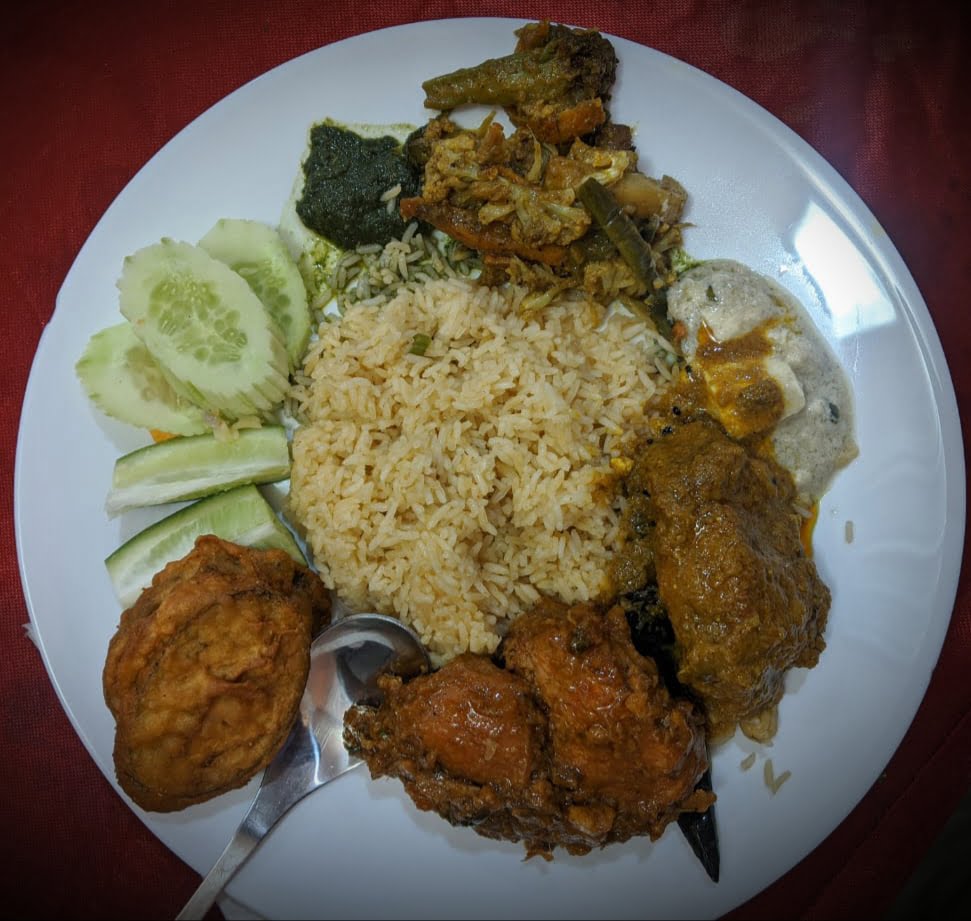
11. Grow your own food, even a small amount.
Growing food or cultivation is thought by a lot of people as a very hard work. But let me tell you that its not as hard as it looks. Start from tiny things like seasonal flowers and herbs and gradually scale up to larger plants according to need and availability of resources. It is an excellent habit as it not only keeps you occupied, but also gives the firsthand experience of farming. Thus going a long way to reduce wastage of food.
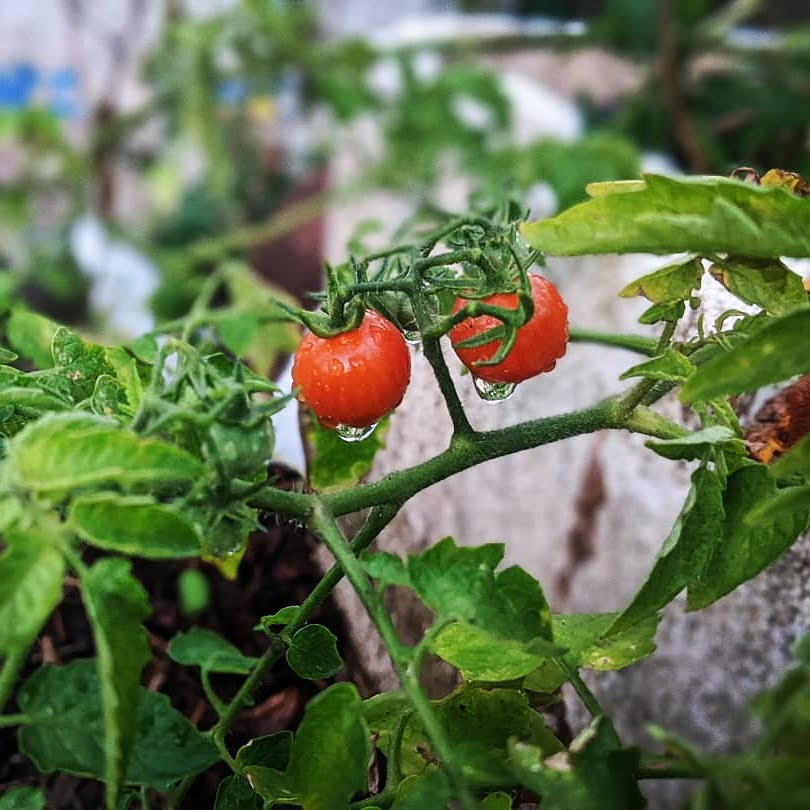
Here is a video to show you how to grow plants at home.
